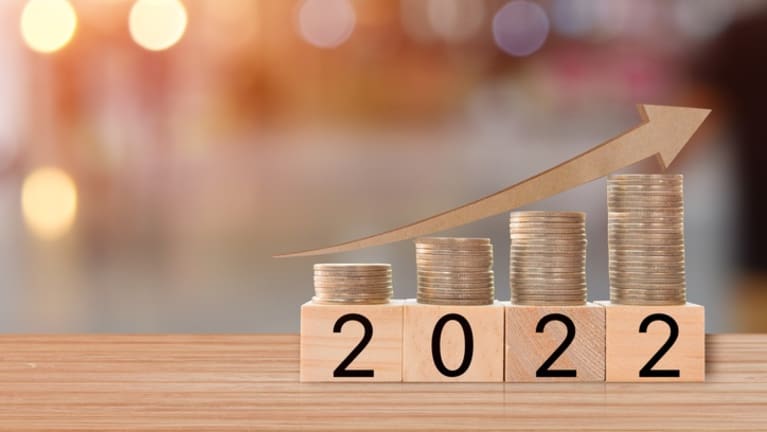The World Bank has encouraged the Ghana government to enhance the country’s manufacturing capacity to deal with the country’s rising inflation rate.
This is because increased manufacturing capacity will aid the country’s recovery from the COVID-19 pandemic, contribute to economic stability, and safeguard the poor’s livelihood.
The pandemic, along with the slowdown in advanced countries, which hampered global demand for oil, produced a big supply shock, according to Pierre Frank Laporte, World Bank country director for Africa.
“Ghana boosts its health systems and social safety nets by boosting the production capacity of the economy, which is the most sustainable way of dealing with inflation,” he said.
READ ALSO: Meeting between Gov't, Minority over E-Levy suspended
He was speaking at the opening of the University of Ghana (UG) Annual New Year School and Conference in Accra on Tuesday.
Prior to the COVID pandemic, Ghana was growing rapidly, but economic activity had practically come to a halt due to restrictions on commerce and routine economic operations imposed by lockdowns and other containment measures, according to Laporte.
The country again failed its 8 per cent inflation target, with 12.6 per cent inflation at the end of the fiscal year 2021, which Laporte said was not healthy for the economy’s recovery.
“As you know, inflation in Ghana has exceeded the central bank’s target since October last year [2021], largely driven by global inflation, and there are many reasons to be concerned,” he said.
Inflation was a bad thing for the economy, especially for the poor, according to the country director, and dealing with it through monetary policy needed “tightening,” which was also costly because it increased the cost of credit for businesses and the government.
“The public debt growing from 60% of GDP in 2019 to the mid-70s in late 2021 as a result of greater debt servicing costs was unavoidable,” he added.
Nonetheless, Laporte stated that it was necessary to “set out a road map for returning to a credible state of equilibrium,” which “requires efforts not just from creditors, but also from tax-payers and beneficiaries of government spending.”
He promised that the World Bank would continue to support the country in its pathway to recovery and resilience through analytical work on debt, revenue mobilisation, and construction of financing.





